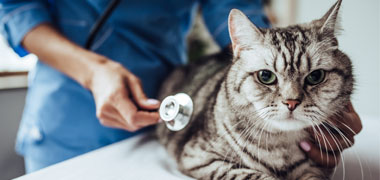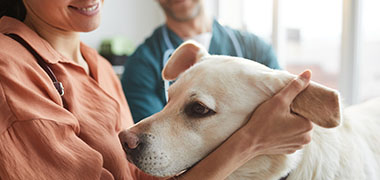
This role has a moderate level of AI exposure. AI can enhance efficiency for some tasks, but this job still relies on human skills and decision-making.
Explore all careersA Wildlife Rehabilitator cares for injured or orphaned wildlife, providing medical treatment and rehabilitation to prepare them for release into their habitats.
Get qualified to work as a Wildlife Rehabilitator with a course recognised across Australia. Speak to a training provider to learn more.




Browse occupations related to Wildlife Rehabilitator



If you are looking to pursue a rewarding career in wildlife rehabilitation, you will find valuable opportunities through our selection of Wildlife Rehabilitator courses in Maitland. This vibrant region, known for its rich biodiversity and commitment to animal welfare, provides an ideal backdrop for those passionate about caring for injured or orphaned wildlife. With a single, well-structured course available, you can easily kickstart your journey toward becoming a skilled wildlife rehabilitator.
The Certificate III in Wildlife and Exhibited Animal Care ACM30321 is a beginner-friendly course designed for learners with no previous experience or qualifications. This qualification equips you with the skills and knowledge to provide essential care to various native species, ensuring their health and well-being. Training takes place in Maitland, allowing you to immerse yourself in the community and learn about the local flora and fauna while studying.
Wildlife rehabilitators play a critical role in animal welfare, and those interested in this field can also explore other related areas of study such as Animal Welfare and Veterinary courses and Animal Care. These categories further expand your understanding and capabilities, allowing you to provide comprehensive support to wildlife in need. By pursuing Wildlife Rehabilitator courses in Maitland, you take the first step towards a fulfilling career that positively impacts the lives of animals and the environment.
Maitland's commitment to wildlife conservation and rehabilitation creates a unique environment for aspiring rehabilitators. As you engage in your studies, you will have opportunities to connect with local organisations and professionals who share your dedication to animal welfare. Many of those working in the industry have successfully completed courses like the Certificate III in Wildlife and Exhibited Animal Care, illustrating the pathway to success in this fulfilling career.
Enrol in one of the available Wildlife Rehabilitator courses in Maitland today and embark on a rewarding journey that merges education with your passion for wildlife. Your path to making a significant difference in the lives of injured and threatened species starts here, and with the right training, you can become a vital part of conservation efforts in your community and beyond.